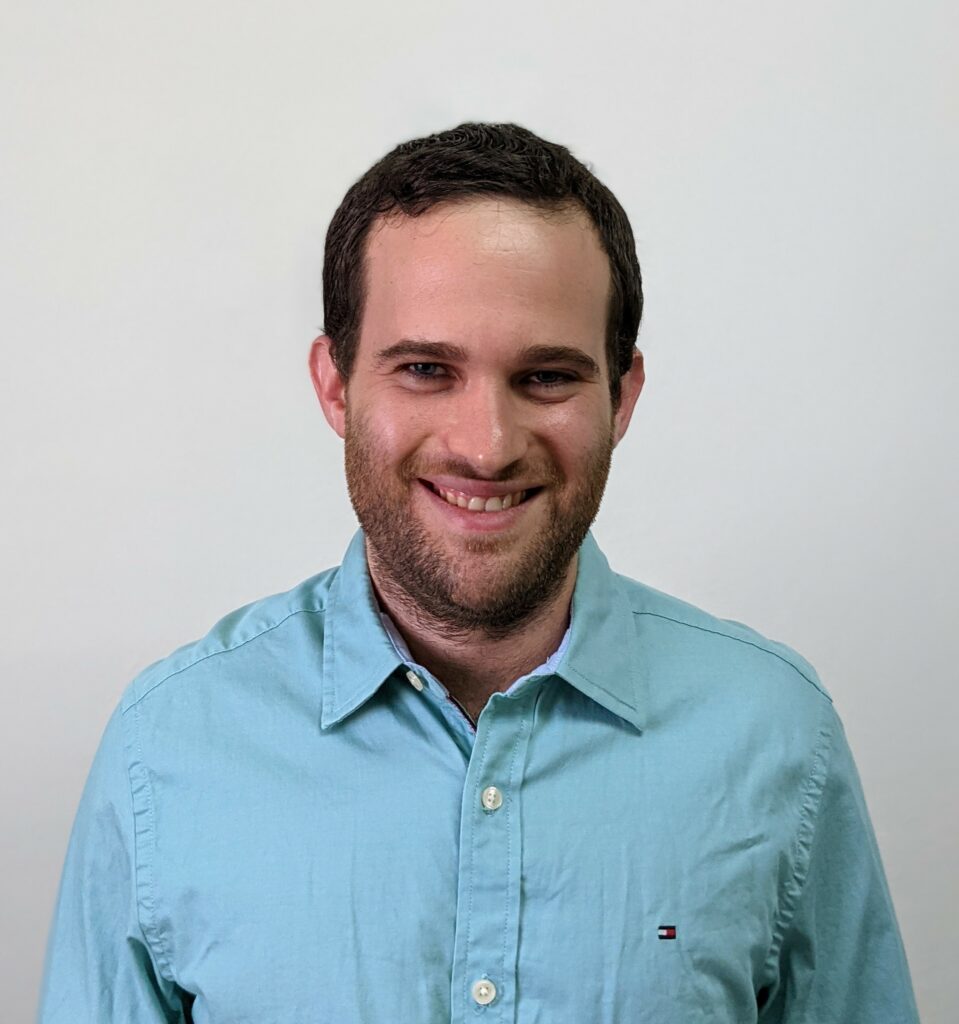Dr. Amit Shocron is a Vaadia- BARD Post Doctoral Fellow at Yale University, hosted by Prof. Menchame Elimelech in his lab that specializes in membrane science and technology.
What is the main focus of your postdoc work?
A few months ago, I started my postdoctoral studies in the lab of Prof. Menchame Eliemelech at Yale University. Prof. Elimelech is a leading expert in membrane science and technology in applications related to the water-energy nexus. Climate change stems an increasing stress on water supply, necessitating efficient and sustainable water management solutions. A promising solution is the desalination of brackish water as a viable source for irrigation. However, the existence of divalent ions in the water results in fast membrane scaling.
Therefore, I investigate a pretreatment separation step by electrodialysis, an electro-driven membrane process, to achieve selective separation of divalent ions to avoid membrane scaling during the desalination step. Moreover, these divalent ions are valuable minerals and can be used instead of an expensive remineralization step. In my research, I characterize and synthesize different membranes and develop theoretical frameworks to describe their behaviour. This combined approach improves our understanding of the process and should enable an optimized process toward an efficient and sustainable supply of irrigation water.
What got you interested in capacitive deionization?
Capacitive deionization is an electrochemical water treatment technique in which salt ions are temporarily stored by electrostatic energy within porous electrodes upon applied voltage to generate a treated water stream. This process requires multi-disciplinary tools, as it includes mechanisms related to chemistry and electrostatics, as well as material, chemical, and environmental engineering. As an engineer and a researcher, I have always been fascinated by complex processes that involve a variety of mechanisms; and therefore, I found capacitive deionization so interesting to investigate.
Moreover, sustainable water supply is a crucial front in dealing with the challenge of climate change, and it plays a pivotal role in developing a sustainable agriculture ecosystem. These important causes also motivated me to explore the fundamental processes driving capacitive deionization.
What are your plans after your postdoctoral research?
After completing my postdoctoral studies, I plan to become a faculty member at a leading research university in Israel to explore solutions related to unsustainable water supply. This role will give me the opportunity to keep investigating interesting and important problems while helping to develop the next generation of scientists and engineers in Israel. I hope to be able to combine these two inspiring and important goals in my life.
What tip would you give someone beginning their career in agricultural research?
Postdoctoral studies give an opportunity to be exposed to a new culture, specifically to new ideas, approaches, and perspectives. To absorb the new culture, I find it very important to come with an open mind and a lot of patience. One should remember that blending in a new research environment takes time, but it is worth it.

